India aims to reach net zero by 2070. JSW Steel, on the other hand, aims to reduce its emissions from 2.36 tons of CO2 per ton of steel to 1.95 tons by 2030 in the first phase. The company aims to reach net zero by 2050 using green hydrogen and carbon capture, utilization and storage.
The steel industry is responsible for nearly a fifth of the industrial energy used in India and about 12% of total energy infrastructure carbon emissions. Sajjan Jindal, chairman and managing director, emphasized the role of decarbonized steel in India’s green future in the company's first climate action report.
JSW Steel's strategy includes improving processes and energy efficiency, transitioning to renewable energy, using better-quality raw materials, and alternative fuel sources. The company aims to have a production capacity of 51.5 million tonnes by 2030-31, with over 43 million tonnes by September 2027. It will invest Rs 64,434 crore (USD 780 million) in capital expenditure over the next three years.
The company plans to expand its Dolvi plant's capacity from five million tonnes to 15 million tonnes, allocating Rs 19,125 crore (USD 231 million). The Dolvi project, benefiting from its strategic location near Western India markets, is set for completion by September 2027.


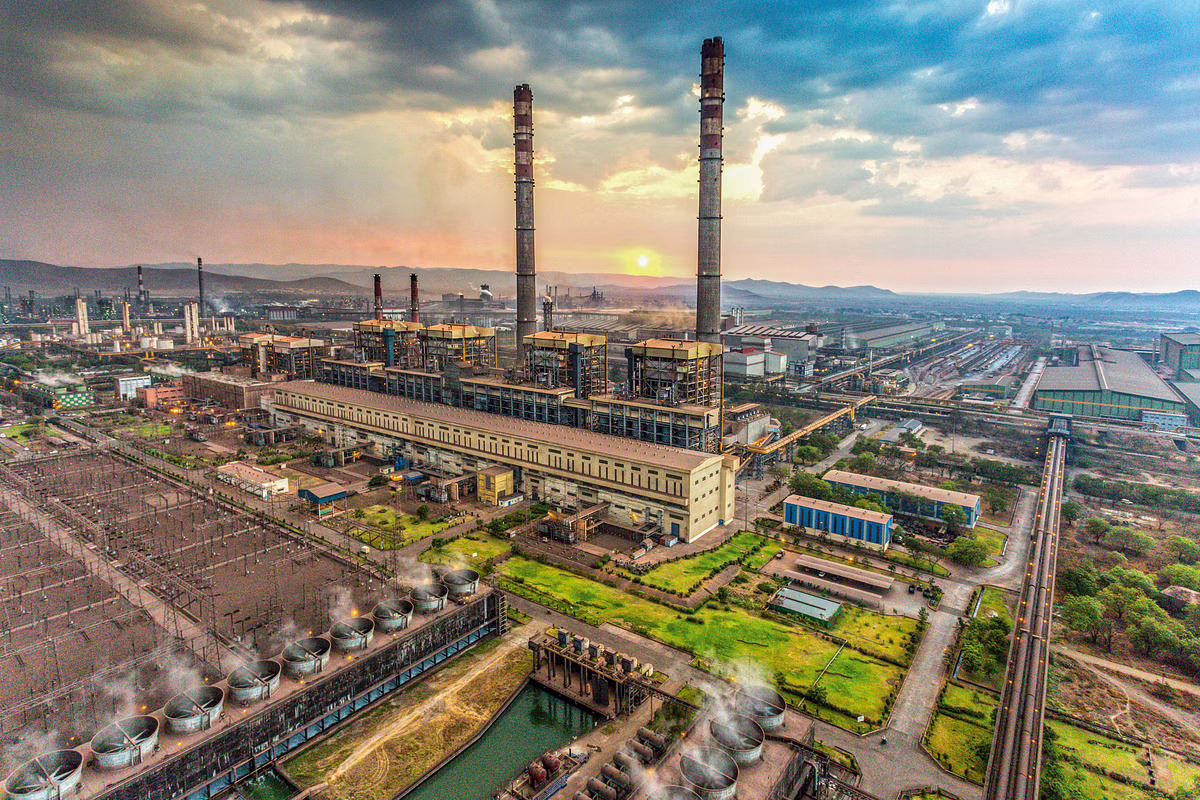

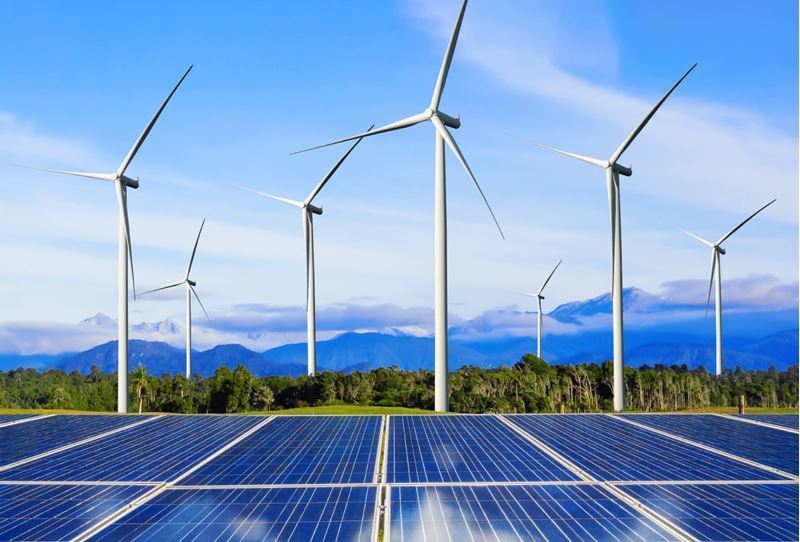
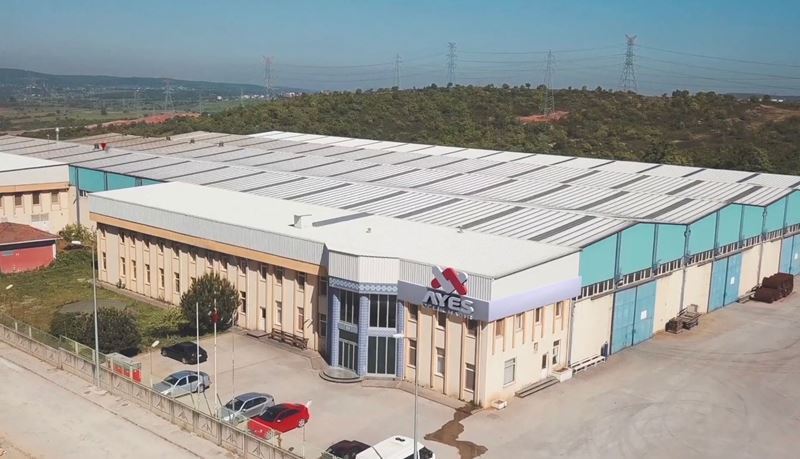
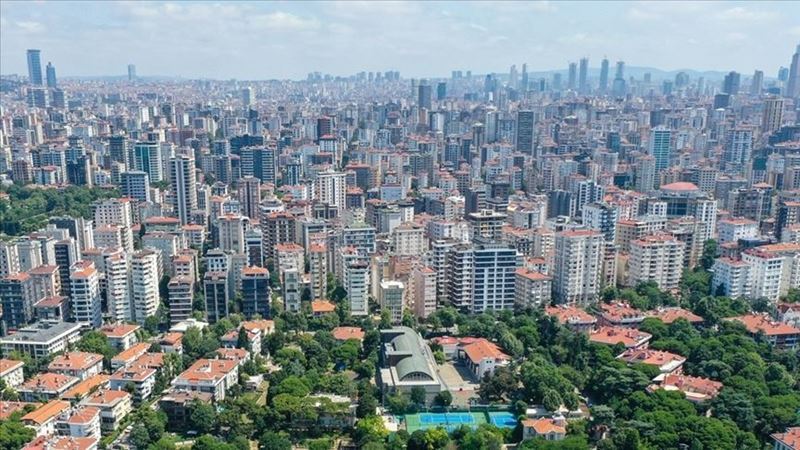
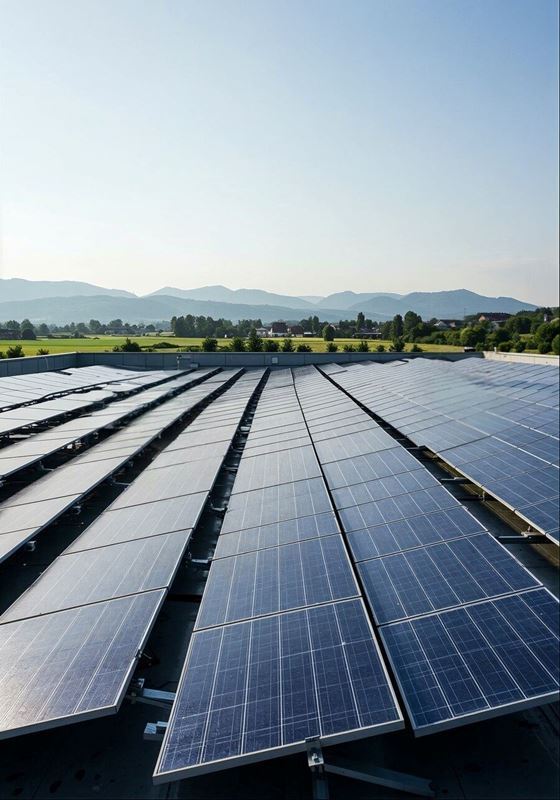



Comments
No comment yet.